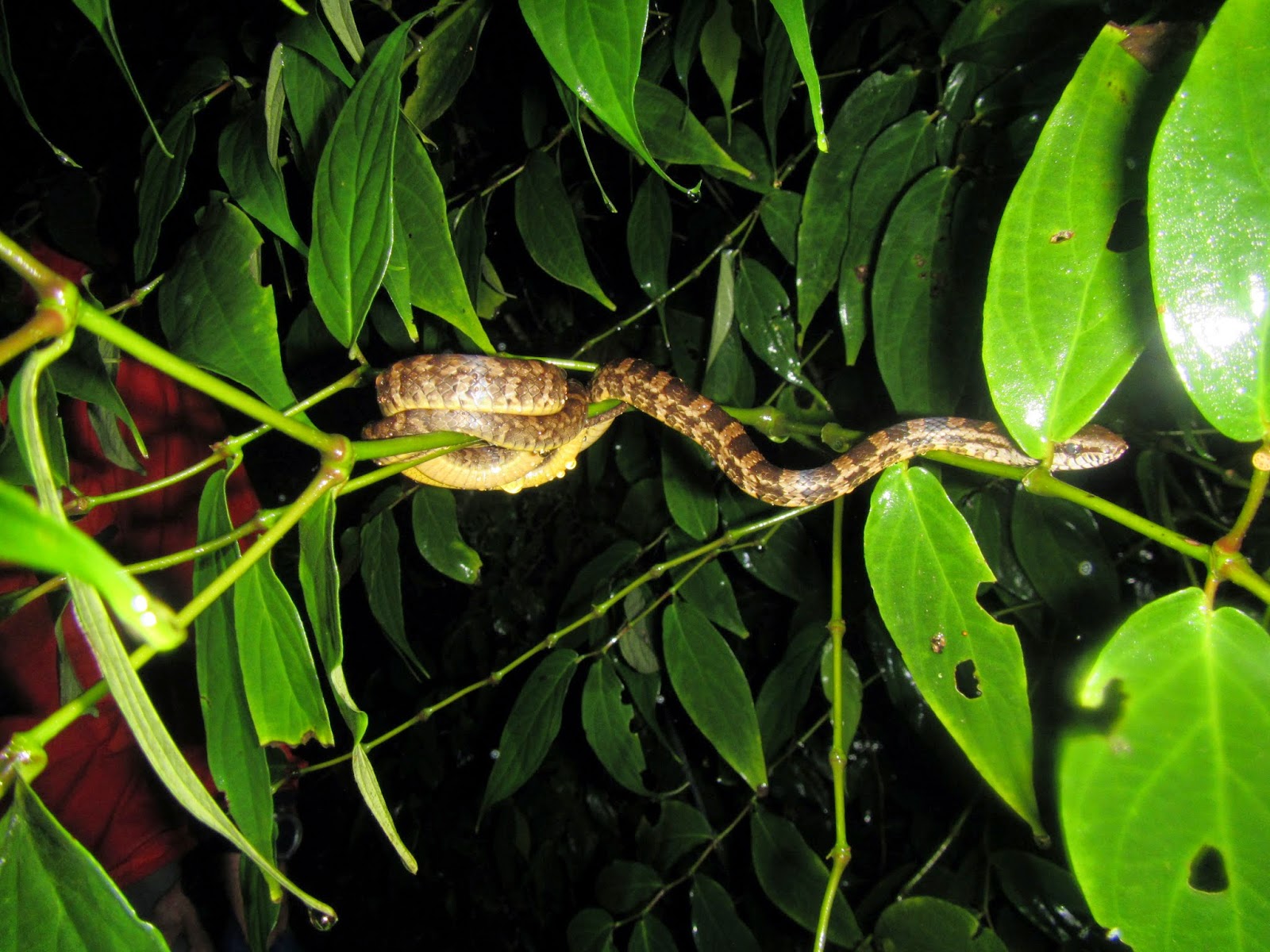Costa Rica is well established in the ecotourism market, offering environmentally aware visitors everything they could want with more biodiversity than anywhere else on earth of comparable size, more hectares of protected natural areas per capita, and everything from massive marine turtle breeding sites to highly active volcanoes.
Well lucky me! I arrive by yacht and am aiming to climb volcanoes, so if planned right I get to traverse every ecosystem in between.
Time and money have a habit of streamlining things a bit for me too -I have to find somewhere secure yet affordable to leave Whakaari for an extended period of time, maybe up to 4 weeks, to do justice to Coats Rica's natural wonders, and neighbouring Nicaragua's as well (virtually studded with volcanoes). I've never left her on her own that long before so choosing her boatsitters carefully is top priority.
 |
| Johnny looked after Whakaari just great in my absence |
After getting Whakaari settled on an intriguing two boat floating platform mooring in a swift flowing tidal channel, palming off food on the receptionist and hopefully engendering the support of the club's panga drivers to look out for my boat, I re-enter the chaotic world of backpacking on public transport in Central America. I wouldn't have time to venture back south and climb the country's highest volcano Chirripo (3891m) on the Cordillera Talamanca, but could at least explore from coast to mountains in the north and hike some interesting volcanoes, as well as enjoy other ecosystems.



First stop, Monteverde Cloud Forest, which proved to be almost a spiritual experience, hiking the trails of this world famous preserve. The interplay of light and colour, bird song, and water vapour moving through the trees is simply mesmerising, and impossible to record with a point and shoot camera (sadly my Nikon 5000D suffered water damage on my first night in Monteverde during a nocturnal wildlife tour.
Want more info? - http://www.anywherecostarica.com/destinations/monteverde
Second destination, La Fortuna, via a fascinating short cut over winding back roads and Lake Arenal, past wind farms, hydro schemes, and imposing views of Arenal Volcano. A classic conical stratovolcano, Arenal is the youngest and most active in Costa Rica, and has been in near constant eruption since 1968.
 |
| Arenal by Night and Day |

The volcano summit is closed to visitors but hikes around its flanks are still rewarding. I chose to do this with a backpacker tour that was alot of fun - we ended up soaking in a natural hot river after dark, having volcanic mud exfoliation facials with candles dotted around, and rum drinks complete with ice and limes that were carted in by the guides. Your classic young traveller's activity, and its great to be part of all that bubbly energy and playfulness. Either that, or the mudpack, whatever - I felt years younger afterwards.
 |
| Cerro Chato's two summits on the left , Arenal to the right |
.JPG) Contrary to all info I had gathered, the hike wasn't strenuous, and took me an hour and a quarter up not three to four as promised, and less down. The swim was beautifully refreshing, in the company of mating frogs and several young couples (including a circus acrobat from Las Vegas). And at 11am I was back at the trailhead with a bonus half day to look around La Fortuna.
Contrary to all info I had gathered, the hike wasn't strenuous, and took me an hour and a quarter up not three to four as promised, and less down. The swim was beautifully refreshing, in the company of mating frogs and several young couples (including a circus acrobat from Las Vegas). And at 11am I was back at the trailhead with a bonus half day to look around La Fortuna..JPG) |
| Cerro Chato Crater Lake - a cool 16 degrees C |
Third Destination, Rinkon de la Veija , an andesitic complex volcano with nine craters, two of which are very active at present. It has a respectable elevation of 1,916m and last erupted in 1998.
One of Rinkon's nine craters


After several bus journeys and an expensive taxi ride (along the western edge of Cordillera de Guanacaste) I arrive at a lodge by the same name as the volcano to discover the summit hike is now closed. Making the best of the situation I hike most the park's trails in a day and a half, enjoying isolated natural hot springs, the largest stranglers figs I have ever seen, reasonable large geothermal power plants, and two magic waterfalls, one almost half way to the crater lakes above.
Making my way north to Nicaragua I
stayed a night at Bahia Salinas, close to where I will clear out with
Whakaari later. Here is a beautiful wide expanse of beach where
Olive Ridley turtles come ashore to nest, and also a Kitesurfer's
retreat. The place boasts (on its website) wind every day of the year
at a constant 15-20 knots, but when
I stayed, hoping to rent some gear and have a play, the kitesurfing
part was closed for a month due to poor October winds:-(
Although I spotted three recent nesting
areas, and spent a long evening walking the beach hoping to see
turtles, all I found was the sad dark and empty holes of poached
nests. Its a story in itself but turtle eggs are not only easy food
for the many many dogs of Costa Rica, but a delicacy among the people. I
later learned that Turtle Conservation people actually buy the eggs
from the locals so they can be saved and hatched in artificial
nesting area that are guarded. The lucky hatchlings are often a
feature of guided turtle tours where clients get to release them and see them safely into the water.
Its a funny new world!
(http://coastalcare.org/2011/07/legalized-poaching-turtles-eggs-and-playa-ostional-costa-rica/)
Its a funny new world!
(http://coastalcare.org/2011/07/legalized-poaching-turtles-eggs-and-playa-ostional-costa-rica/)

.JPG)



No comments:
Post a Comment